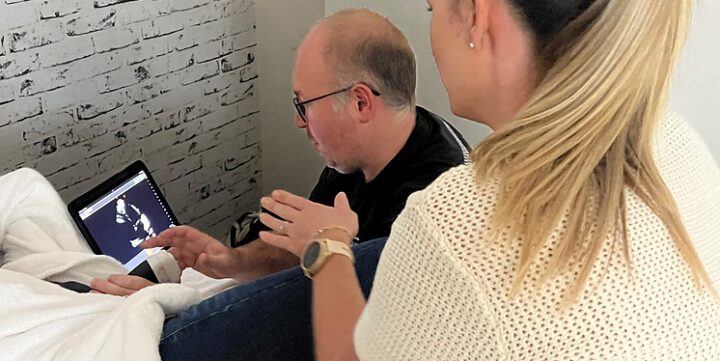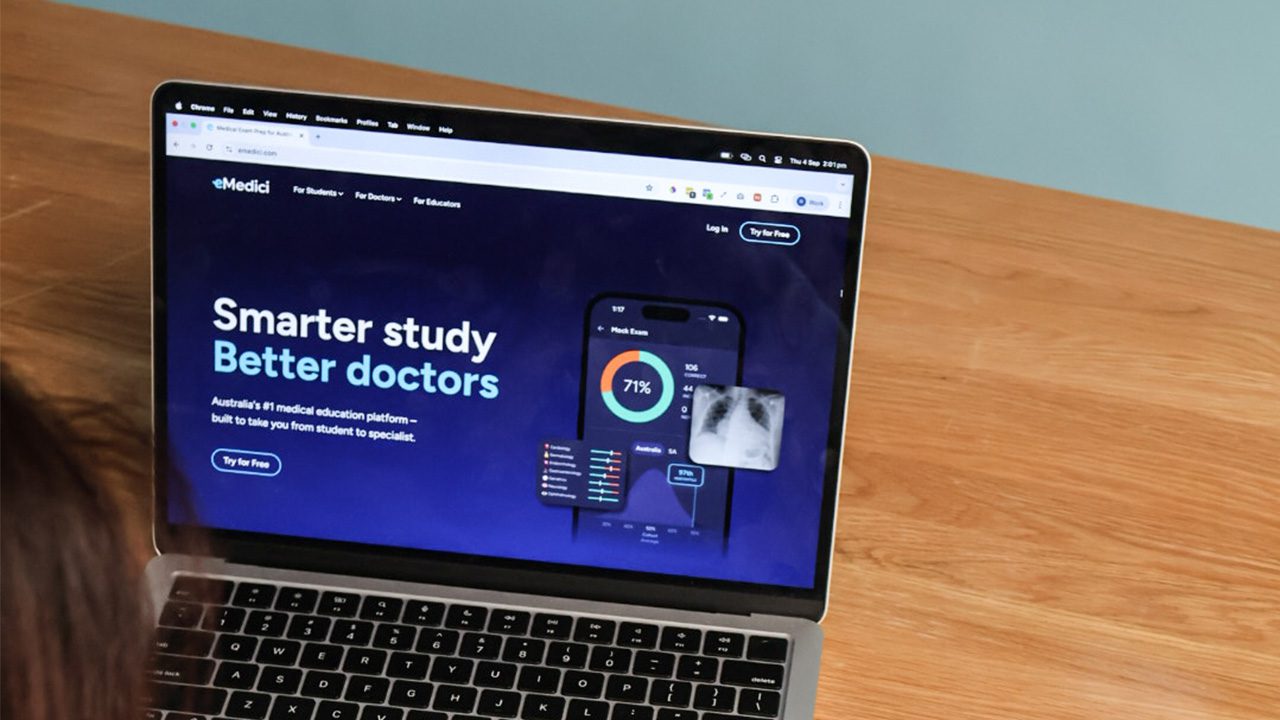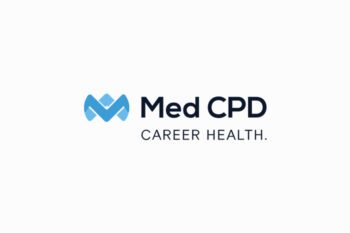Provider Spotlight: Cardiac Skills Australia
June 9, 2025
Transforming diagnostic confidence
In the high-stakes world of emergency and critical care, the ability to make fast, accurate decisions can mean the difference between life and death. One of the most powerful tools aiding those decisions in an acute setting is focused cardiac ultrasound – yet for many clinicians, access to training in this area remains limited. Cardiac Skills Australia is working to change that, under the new leadership of Amy Secomb, a senior cardiac physiologist with more than 16 years of experience, currently working at The Prince Charles Hospital in Brisbane.
Throughout her career, Amy observed a critical gap in emergency settings: patients often needed urgent cardiac imaging, but sonographers weren’t always immediately available. This delay not only impacted workflow and resources but had the potential to compromise timely patient care. Instead of accepting this as status quo, Amy took action, and after more than a decade running Point-of-Care Ultrasound (POCUS) workshops across Australia and New Zealand, she acquired Cardiac Skills Australia in early 2024 and took on the role of Director, bringing a new vision to life.
Hands-on education
Cardiac Skills Australia are committed to providing high-quality, hands-on education in focused cardiac ultrasound for clinicians working in emergency medicine, critical care, anaesthetics, cardiology, and general practice, working to improve resourcing to this life-saving diagnostic tool. What sets the organisation apart is Amy’s commitment to practical, context-driven learning. Workshops are led by a carefully selected team of accredited cardiac sonographers and experienced physicians, all of whom are active in frontline medicine. This ensures that each course reflects current clinical realities, location specific, and provides learners with not just technical capability, but diagnostic confidence and critical thinking skills.
The workshops are uniquely structured to simulate real-world clinical encounters. Participants learn how to take and interpret ultrasound images in acute care scenarios, enabling them to assess left and right ventricular function, identify pericardial effusions, evaluate shock states, and differentiate life-threatening conditions. The focus is on building a robust diagnostic skill set that clinicians can use immediately at the bedside, without having to wait for additional imaging or referrals in the patient’s crucial care window.
Focused cardiac ultrasound workshops
Their flagship education is of course the Focused Cardiac Ultrasound workshops. They are designed to provide medical doctors with all the necessary skills to become proficient in the performance and diagnosis of the focused cardiac ultrasound exam. The workshop provides plenty of hands-on experience and group discussions over the 2-day course, showing first hand how this vital skill is so necessary to add to a medical professional’s scope of practice.
Some of the echo applications a delegate would walk away from our workshop with include echo acoustic windows and image orientation, valvular assessment, LV/RV function and filling status, haemodynamic assessment and calculations, basic echo in life support and rapid cardiac echo.
Upon completion, delegates will be able to determine whether a patient is in tamponade, how to assess pericardial disease, assess for AMI, aortic dissection, differentiate shock, determine pulmonary embolism and look for pneumothorax to name but a few. Additionally, the workshops are held at premium hotels across various prime locations in Australia and New Zealand, ensuring that providing a comfortable and engaging weekend of learning, along with a restful night’s sleep is in the schedule.
Flexible training
Beyond workshops, Cardiac Skills Australia also offers personalised training options, including private one-on-one tuition and tailored departmental programs. This flexibility allows clinicians in rural or remote locations, as well as those with demanding rosters, to access meaningful, skills-based education without disruption to their practice. Whether learning to perform basic echo in life support or developing a nuanced understanding of haemodynamic calculations, participants are supported every step of the way by educators who are not only technically proficient but also passionate about improving patient outcomes.
This model of care speaks directly to Amy and her 16 years experience, harnessing her knowledge of the urgent care sector and directly contributing to the shared pool of knowledge that improves patient care in real time. Amy’s leadership at Cardiac Skills Australia reflects a strong commitment to quality and development across all levels. Educators undergo a rigorous selection process to ensure high standards are maintained and learning is always hands-on and as clinically relevant to the setting as possible. The teaching model fosters collaboration between local and national experts, as well as medical centres, combining regional relevance with a broad knowledge base. Amy also places a strong emphasis on ongoing professional development for her team, actively working to develop a CPD program that helps sonographers apply POCUS techniques in critical care environments anywhere, at any time.
2025 and beyond
Looking to the future, Cardiac Skills Australia aims to expand its offerings to include integrated ultrasound education that combines cardiac, lung, trauma, and fluid assessment. This approach will reflect the dynamic and multifaceted nature of acute care decision-making and enhance clinicians’ ability to assess patients comprehensively and efficiently.
Focused cardiac ultrasound continues to prove itself as one of the most valuable tools in acute care settings. It is portable, non-invasive, and can be performed at the bedside in real-time, providing immediate answers when every second counts. For rural clinicians, it offers an even greater advantage, often serving as the only available imaging modality in time-critical scenarios. Learning to master this skill is not just about enhancing one’s scope of practice – it’s about being able to act swiftly and decisively in moments of urgency.
Cardiac Skills Australia’s workshops are accredited by ANZCA, CICM, ACEM, ASUM (for FELS and RCE), RACGP, and ACRRM. They are also supported by the Rural Procedural Emergency Medicine Grant, making them especially relevant for doctors in remote or underserved areas. Courses are delivered in major cities across Australia and New Zealand, hosted at premium venues that support immersive learning in a comfortable environment.
The future of cardiac diagnostics
In a time when clinical demands are increasing and access to diagnostics remains uneven, Cardiac Skills Australia is meeting a vital need. The organisation has become more than a provider of professional development. It has become a catalyst for change in how cardiac ultrasound is taught, delivered, and applied in practice. With each workshop, clinicians and their urgent care settings, leave more capable, more confident, and better prepared to lead patient care in some of the most critical moments of medicine.
For healthcare professionals seeking to broaden their skills, elevate their diagnostic capability, and improve the standard of care in their departments, Cardiac Skills Australia offers a timely opportunity to do just that.












